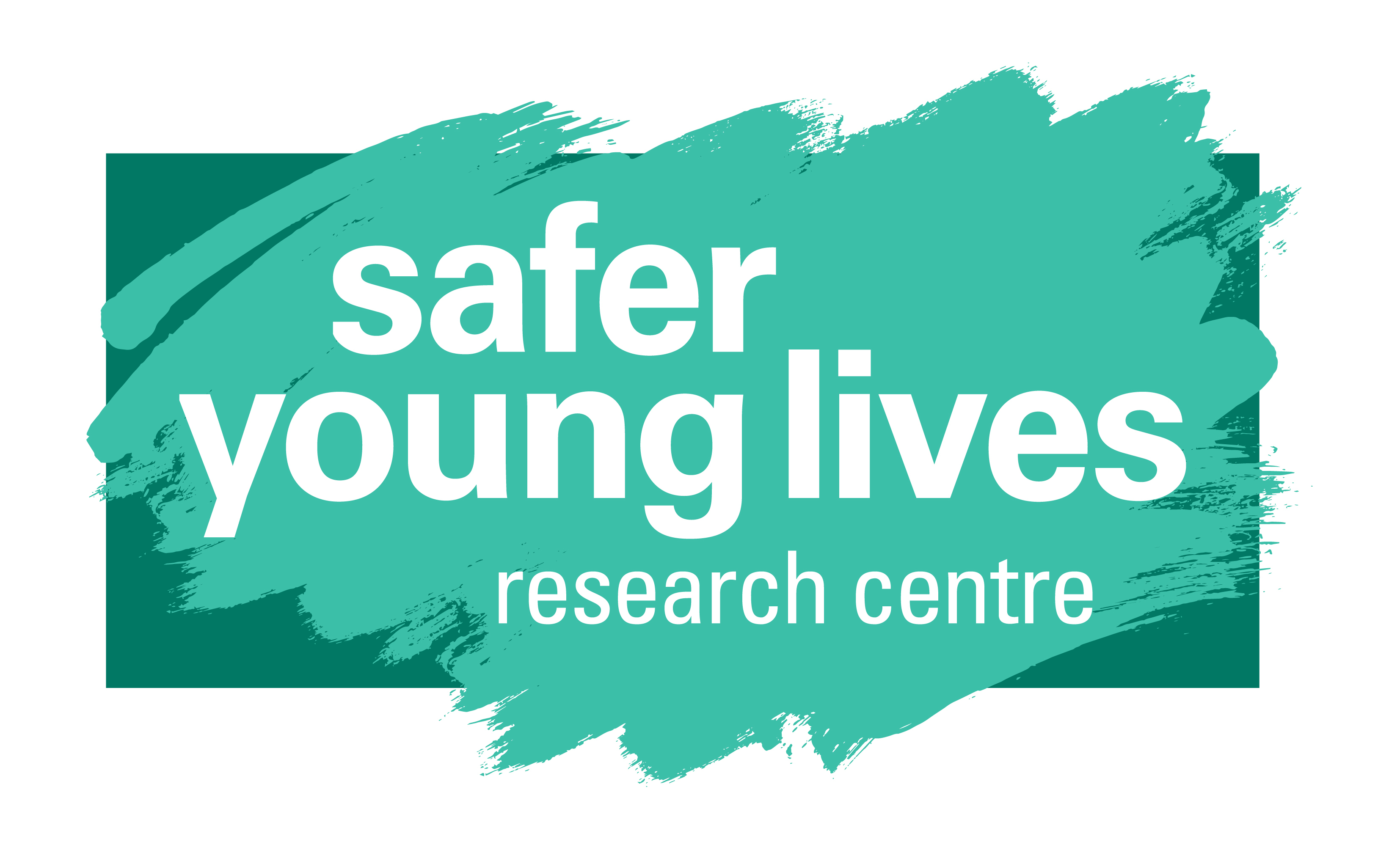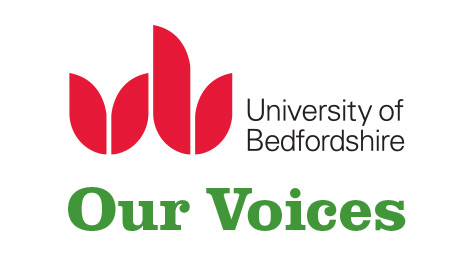Sofia, Bulgaria. Young rapporteurs get to grips with the Lanzarote Convention

This blog post was originally published on the University of Bedfordshire’s International Centre Blog.
A core aim of the International Centre is to develop and enhance opportunities for children and young people to meaningfully and ethically engage in, and influence, research, policy and practice. One way in which we hope to do this is through our partnership with The Oak Foundation, an international foundation promoting children’s rights through its Child Abuse Programme. The International Centre and the Oak Foundation are collaborating to support children’s participation in preventing sexual violence against children in Europe.
Helen Veitch is an Oak Fellow with the International Centre. For our latest blog, she has provided a reflection on her experience at the Council of Europe.
I’m writing from Sofia, Bulgaria, where I’ve been exploring how children affected by sexual violence could be involved in the monitoring of a Council of Europe convention on sexual abuse and exploitation of children (known as the Lanzarote Convention). I’m attending what is being called a ‘High Level Meeting’ where the Council of Europe is launching a five year strategy on children’s rights and I wanted to share some of my learning through this blog post.
At this two day meeting there were a number of young people acting as Rapporteurs. They attended all the workshops on all the different aspects of children’s rights and gave their accounts of the key points that struck home for them. I was, naturally, particularly interested in the feedback from young people on the workshop that I was involved in – which explored how children affected by sexual violence can be involved in monitoring and implementation of this convention on sexual abuse. It was quite a technical workshop as it explored the reporting process for European governments on this piece of international legislation.
The young Rapporteurs were swift in their analysis of the convention – that it is very complex (absolutely true!) – and picked up on a number of issues. The first of these was that, not surprisingly, children and young people can and should be involved in monitoring and implementation of the Convention and that children’s participation is very important. They also stated that children are resilient and can be survivors and that adults can learn from them. They picked up on the fact that children are called ‘victims’ or ‘agents of change’ but never both (i.e. victims AND agents of change). They liked the term ‘experts by experience’ for children and young people and re-stated that only they are experts in being children in society today.
The young Rapporteurs liked the equation ‘no data = no problem = no money’. This translated, for them, into a need for governments to be better at collecting and reporting data on child sexual abuse because if they do not measure it there appears to be no problem which means governments will not allocate any money to fighting this problem.
So, what have I learned from this experience? I found that the young Rapporteurs were able to slice through the detail of an issue that adults tend to get bogged down in. And that I need to use this simplicity of vision as I try to set-up pilot projects to prove that children who are experts by experience of sexual abuse can be involved in the complex monitoring processes of this convention, and by doing so can improve them.
Helen Veitch, Oak Fellow on Children’s Participation in Preventing Sexual Violence.
If you would like more information on this work, please contact Helen at helen.veitch@beds.ac.uk






